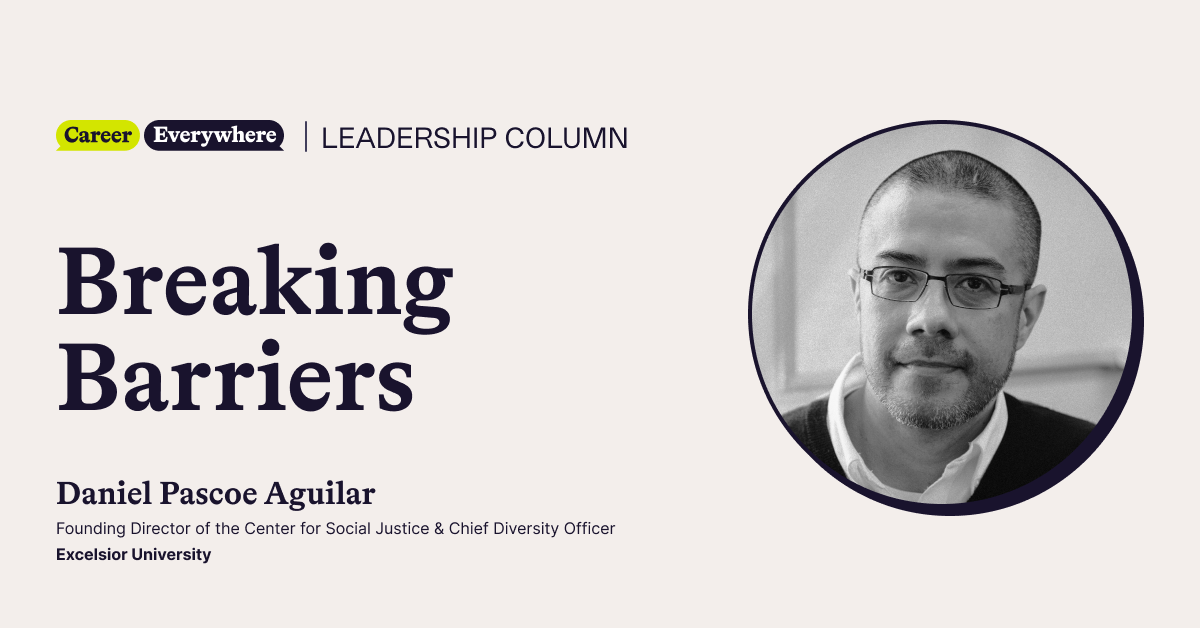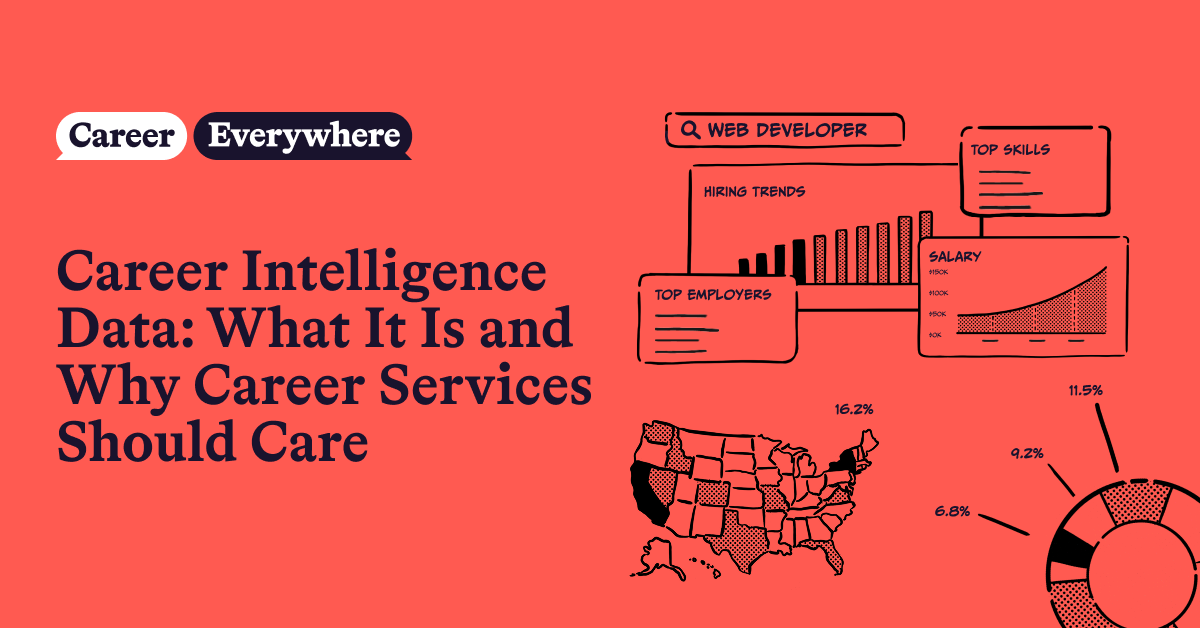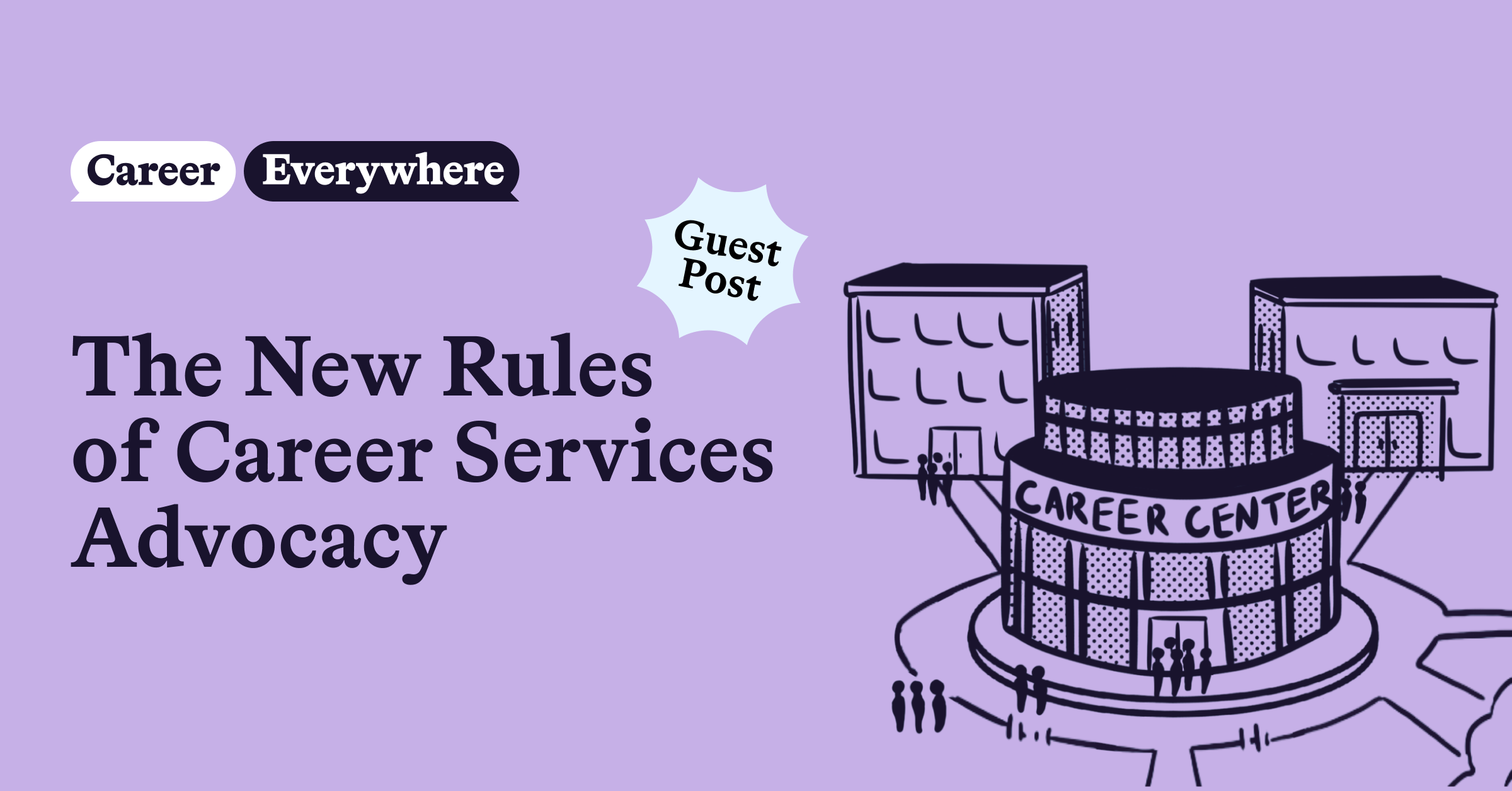
Welcome to the first edition of Breaking Barriers, a biweekly leadership column for career services professionals! Featuring insights, advice, and inspiration on preparing the next generation of diverse leaders from Daniel Pascoe Aguilar, a 20-year leader in career services and higher education.
We seem to be reminded every day about the many, often overwhelming, challenges we are facing in our communities, nations, and globe. We are dealing with a diversity of critical issues we are clearly struggling to solve, most of which have become structural, cultural, and systemic. They are no longer local, affecting only one or a few institutions, communities, or countries; they are impacting all of us.
These challenges are showing us that we are deeply interconnected, interrelated, and interdependent, and that what we do, what we think, the decisions we make, how we act, how we interact, and how we lead matters. Think of issues like global warming, inequitable access to health care, international conflict, social injustice, economic inequity, systemic racism, systemic poverty, etc. Unfortunately, these unresolved issues are so big and have been so neglected that they have become crises, crossroads of our existence, and they are beginning to fall on the shoulders of our next generations: the students we serve, the students with whom we work, the leaders who will determine our ability to survive, and hopefully to thrive, as a human race and as a planet.
If we believe we are in the business of scaffolding or facilitating the preparation of our next generation of leaders, then we must assume the responsibility of this critical task as one of our most important societal endeavors and as one of our most important institutional goals. The preparation and purposeful engagement of the next generation of leadership will determine our future and, thus, should never be delegated to any one person, department, area, division, or even institution.
If we lead under this premise, we should see our leadership as institutional and community-based, not only departmental. If we have been vocationally and institutionally charged with this critical outcome of our college/university and community, we cannot narrow down our role to one area or to only working with specific partners, or to only doing our work internally. If the solutions our next generation of leaders need to generate must be systemic, if our goals are so important to our organization and to society, we must lead systemically. We ought to assume an organizational and community leadership role and engage and work with everyone within and beyond the institution.
One strategy I recommend for this purpose is carefully and collaboratively articulating a brief draft (e.g., one paragraph) of what you believe is your systemic institutional charge. Make sure your draft includes your why, how, and what. Once ready, present it through your executive leadership representative to your institution’s cabinet for review and, if necessary, amendment. When you get it back, you’ll have an endorsed articulation of your systemic charge. Add it to your strategic plan and to your website, and leverage it to empower your team’s leadership and to engage on and off-campus partners in your systemic work.
Leadership—and in particular, leadership of such a critical institutional and societal outcome—is a privilege and a responsibility. Our success in preparing the next generation of leaders for more effective decision-making tables, and for better communities and a better world, is anchored on our assessment and assumption of the systemic magnitude of our roles and the critical nature of our work.
Let’s lead systemically!


